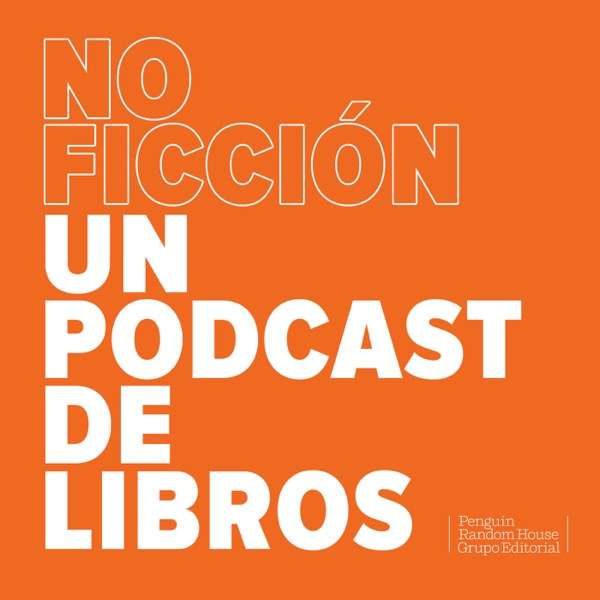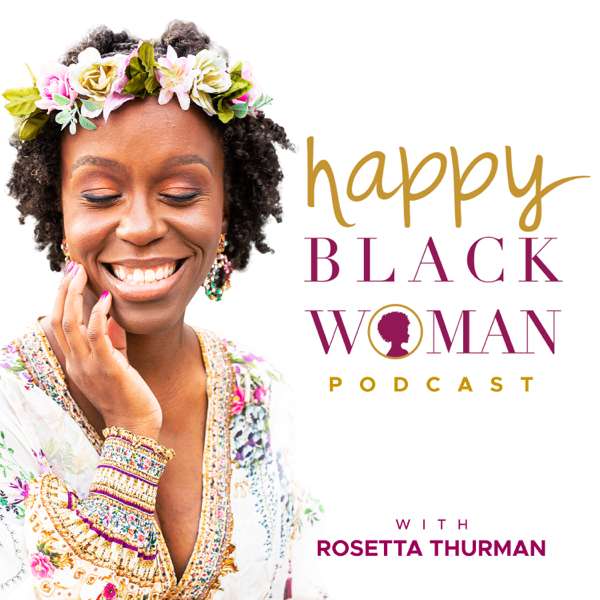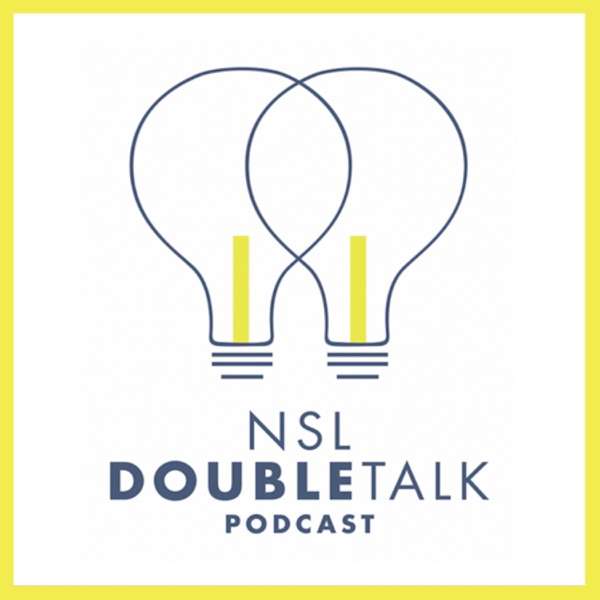As we wrap up 2025, we are featuring some of our most important conversations, including this conversation about IQ, intelligence, and intelligence assessment. Emily Kircher-Morris welcomes Dr. Jack Naglieri, an emeritus professor at George Mason University and senior research scientist at the Devereux Center for Resilient Children. Dr. Naglieri is renowned for his work in intelligence testing and the development of the Naglieri Nonverbal Ability Test.
In this sprawling conversation, Emily and Jack talk about his insights on the evolution and misconceptions surrounding intelligence assessment. They discuss the history of intelligence testing, and the limitations and biases inherent in traditional methods. Dr. Naglieri describes the experiences that led him to question the validity of verbal-based intelligence tests, and ultimately inspired his development of nonverbal assessment tools. They discuss the PASS theory of intelligence, and how it forms the foundation of the Cognitive Assessment System (CAS), a tool designed to measure these processes and offer a nuanced profile of an individual's cognitive strengths and weaknesses.
You can download a free copy of the PASS Theory of Intelligence and the CAS2.
Dr. Jack A. Naglieri, Ph.D., is Emeritus Professor at George Mason University and Senior Research Scientist at the Devereux Center for Resilient Children. His main interest is the development of psychological and educational tests and the implications these approaches have for accurate and equitable assessment.
He has published about 25 books, 50 tests and rating scales, and approximately 300 research papers. Jack is the author of tests used for identification of gifted students, including the Naglieri Nonverbal Ability Test. He partnered with Dina Brulles and Kim Lansdowne to coauthor the Naglieri Tests of General Ability Verbal, Quantitative and Nonverbal, and the book, Understanding and Using the Naglieri General Ability Tests: A Call to Equity in Gifted Education (Brulles, Lansdowne & Naglieri, 2022).
Dr. Naglieri has received many awards for his extensive research program that includes scholarly research, books, and psychological tests with an emphasis on uniting sound theory with equitable scientific practice.
BACKGROUND READING
PASS Theory of Intelligence and the CAS2, Jack's website, The Naglieri General Ability Tests
If you'd like members of your organization, school district, or company to know more about the subjects discussed on our podcast, Emily Kircher-Morris provides keynote addresses, workshops, and training sessions worldwide, in-person or virtually. You can choose from a list of established presentations, or work with Emily to develop a custom talk to fit your unique situation. To learn more, visit our website.
The Neurodiversity Podcast is on Facebook, Instagram, BlueSky, and you're invited to join our Facebook Group.

 Our TOPPODCAST Picks
Our TOPPODCAST Picks  Stay Connected
Stay Connected







